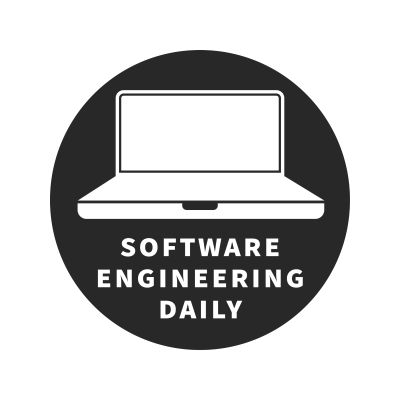Poker Artificial Intelligence with Noam Brown
Humans have now been defeated by computers at heads up no-limit holdem poker.
Some people thought this wouldn’t be possible. Sure, we can teach a computer to beat a human at Go or Chess. Those games have a smaller decision space. There is no hidden information. There is no bluffing. Poker must be different! It is too human to be automated.
The game space of poker is different than that of Go. It has 10^160 different situations–which is more than the number of atoms in the universe. And the game space keeps getting bigger as the stack sizes of the two competitors gets bigger.
But it is still possible for a computer to beat a human at calculating game theory optimal decisions–if you approach the problem correctly.
Libratus was developed by CMU professor Tuomas Sandholm, along with my guest today Noam Brown. The Libratus team taught their AI the rules of poker, they gave it a reward function (to win as much money as possible), and they told it to optimize that reward function. Then they had Libratus train itself with simulations.
After enough training, Libratus was ready to crush human competitors, which it did in hilarious, entertaining fashion. There is a video from Engadget on YouTube about the AI competing against professional humans.
In this episode, Noam Brown explains how they built Libratus, what it means for poker players, and what the implications are for humanity–if we can automate poker, what can’t we automate?
Stay tuned at the end of this episode for the Indeed Prime tip on hiring developers.
TranscriptTranscript provided by We Edit Podcasts. Software Engineering Daily listeners can go to weeditpodcasts.com/sed to get 20% off the first two months of audio editing and transcription services. Thanks to We Edit Podcasts for partnering with SE Daily. Please click here to view this show’s transcript.
Sponsors
Flip the traditional job search and let Indeed Prime work for you while you’re busy with other engineering work, or coding your side project. Upload your resume and in one click, gain immediate exposure to companies like Facebook, Uber, and Dropbox. Interested employers will reach out to you within one week with salary, position, and equity up front. Don’t let applying for jobs become a full-time job. With Indeed Prime, jobs come to you. The average software developer gets 5 employer contacts and an average salary offer of $125,000. Indeed Prime is 100% free for candidates – no strings attached. Sign up now at indeed.com/sedaily.
Oracle Dyn provides DNS that is as dynamic and intelligent as your applications. Dyn DNS gets your users to the right cloud service, CDN, or data center, using intelligent response to steer traffic based on business policies, as well as real-time internet conditions, like the security and performance of the network path. Get started with a free 30-day trial for your application by going to dyn.com/sedaily. After the free trial, Dyn’s developer plans start at just $7 a month for world-class DNS. Rethink DNS. Go to dyn.com/sedaily to learn more and get your free trial of Dyn DNS.
Deep learning promises to dramatically improve how our world works. To make deep learning easier and faster, we need new kinds of hardware and software–which is why Intel acquired Nervana Systems, a platform for deep learning. Intel Nervana is hiring engineers to help develop a full stack for AI, from chip design to software frameworks. Go to softwareengineeringdaily.com/intel to apply for a job at Intel Nervana. If you know don’t know much about the company, check out the interviews I have conducted with engineers from the company. You can find these at softwareengineeringdaily.com/intel.
